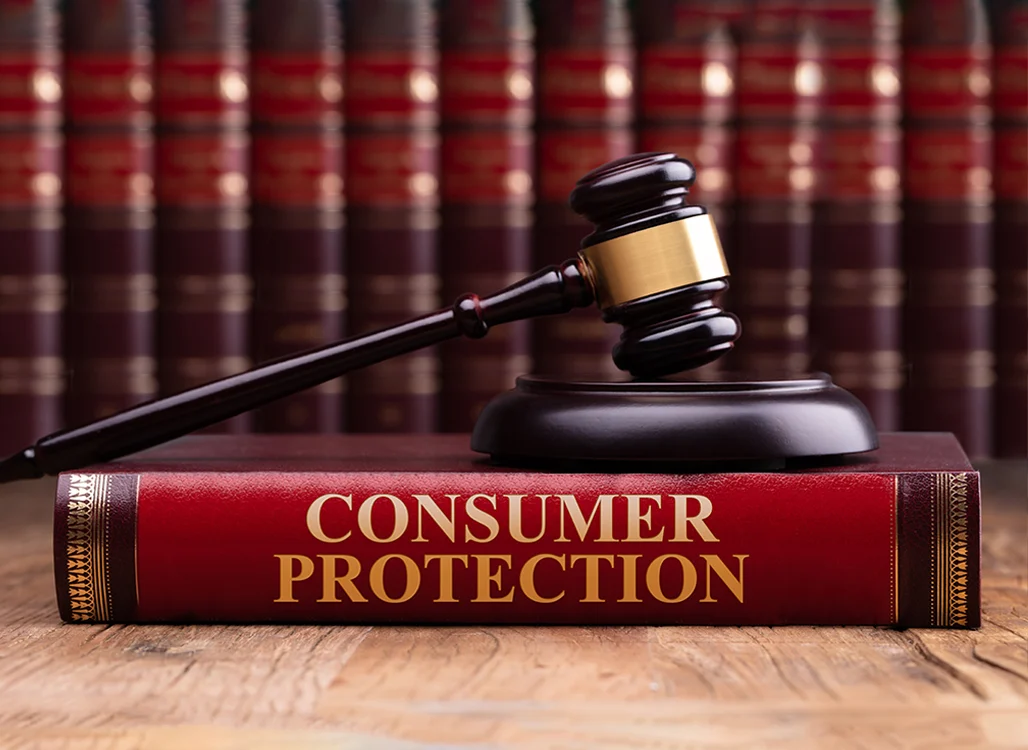Let’s face it: the average person doesn’t have the same resources as a bank, a debt collector, or a credit bureau. These businesses know the rules inside and out. Without legal protections, it’d be all too easy for them to take advantage of people. That’s why consumer protection statutes were created—to even the playing field.
Here in Texas, you also get the benefit of strong state-level laws alongside the federal ones. The Texas Deceptive Trade Practices Act (DTPA), for example, gives consumers the ability to challenge unfair business practices. Layer that with federal statutes like the Fair Debt Collection Practices Act (FDCPA), the Fair Credit Reporting Act (FCRA), and the Telephone Consumer Protection Act (TCPA), and you’ve got a framework that covers everything from harassment by debt collectors to errors in your credit report.
The problem is, knowing your rights on paper is one thing. Making sure they’re enforced is another.


One thing I’ve learned is that consumer protection issues don’t always look the same. Sometimes you’re the person being harassed by a debt collector. Other times, you’re a small business owner who’s suddenly facing a lawsuit under one of these statutes. In both cases, the law is complicated, and having someone walk you through it can make all the difference.
I’ve worked with people who didn’t even realize they had a claim until we dug into the details. On the flip side, I’ve also seen businesses blindsided by lawsuits that could have been handled better if they’d had the right defense strategy in place from the start.
So whether you’re seeking federal consumer statute defense or trying to enforce your rights under state law, it’s about understanding the landscape and finding a path that protects your future.
Legal language can make these cases sound abstract, but the impact is personal. I’ll never forget a client who came in because her phone rang constantly with collection calls. She was losing sleep, dreading every unknown number that popped up on her screen. When we looked closer, we realized many of those calls violated the FDCPA. By taking action, she was able to stop the harassment and get her life back to normal.
On the defense side, I’ve helped small businesses accused of TCPA violations when, in reality, they’d done their best to comply with the rules. Sometimes, it’s about proving that a mistake wasn’t malicious, just human error. That kind of nuance is hard to navigate without someone who understands both the law and the human side of the story.

If you’ve gotten this far, you’re probably already dealing with a situation that feels overwhelming. Maybe you’re tired of collection calls. Maybe you’re staring at your credit report, confused about an account that doesn’t belong to you. Or maybe you’re a business owner wondering how to defend against a claim that seems unfair.
A consumer protection lawyer helps you sort through all of this. The statutes themselves are complex, but the bigger challenge is applying them to your specific situation. It’s not about throwing legal jargon at you—it’s about giving you options, strategies, and some peace of mind.
If you think your rights under consumer protection laws may have been violated—or if you’re facing a claim under one of these statutes—the first step is a conversation. Every case is different. Sometimes the best move is negotiation. Other times, it makes sense to push forward in court. The important thing is not to ignore the problem or assume it’ll go away on its own.
At the Law Offices of Keith Wier, PLLC, I take the time to listen and understand your situation. From there, we figure out the most practical path forward.

Consumer protection laws aren’t just words on paper—they’re tools you can use to fight back when the odds feel stacked against you. Whether it’s the FDCPA keeping debt collectors in check, the FCRA helping you fix credit report errors, or Texas statutes giving you a way to challenge deceptive business practices, these laws exist for a reason.
If you’re dealing with one of these issues, don’t wait until it spirals out of control. Reach out, ask questions, and get clarity about your options.
You can learn more about my practice and how I help clients with both federal consumer statute defense and state consumer law matters by visiting www.keithwierlaw.com.